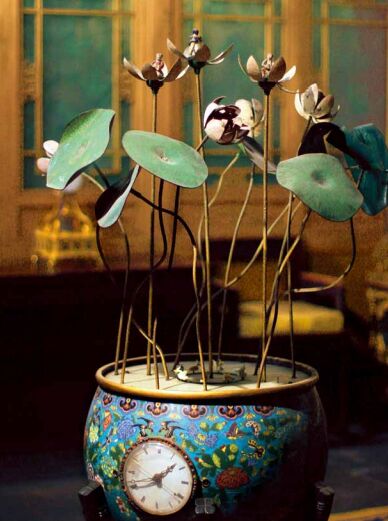Antiques and artifacts

玉不琢,不成器;人不学不知道
Jade cannot be made into anything precious without being cut and polished; a man cannot be sensible without being taught.
The proverb emphasizes the importance of education.
玉少石多,多者不为珍;龙少鱼众,少者固为神
Gems are few, stones many; that which occurs in great numbers is not precious. Dragons are rare, fish numerous; that which is of rare occurrence is justly deemed divine.
The proverb refers to writing styles and suggests that “less is more.”
玉隐石间,珠匿鱼腹,非玉工珠师,莫能采得
Gems are concealed in stones, and pearls in fish maws. Only gem cutters and pearl experts can find them.
The proverb suggests that it takes refined people to find refined things.
钟不打不响,话不说不明
The bell must be struck to toll, and words are to be used in speaking one’s mind.
The proverb comes from the book The Intelligent Essays: the Past and Present which was written during the Ming Dynasty. It highlights that people should be brave to express their own opinions.
钟不击不鸣,刀不磨不利
A bell would not ring out unless sounded; a knife would not be sharp unless sharpened.
The proverb is commonly used to mean that great achievement requires great effort.
钟不扣不鸣,鼓不打不响
A bell won’t toll without striking, and a drum won’t sound without beating.
The proverb emphasizes that there is always a reason for things.
